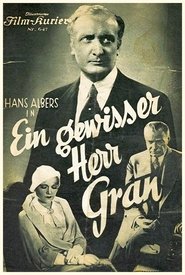detail profile hans adalbert schlettow
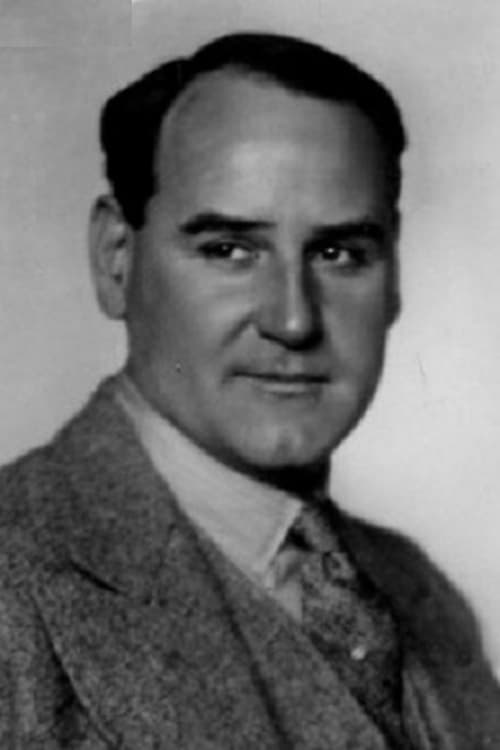
Hans Adalbert Schlettow
H. A. v. Schlettow
atau dikenal sebagai
Peran Yang Di Mainkan Hans Adalbert Schlettow
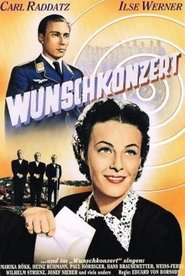 The young attractive Inge Wagner becomes...
The young attractive Inge Wagner becomes...Request Concert 1940
The young, attractive Inge Wagner becomes acquainted with Herbert Koch during the Berlin Olympics, his flight officer insignia having first caught her eye. Sparks fly immediately between the two and they soon decide to marry. But Herbert is called off on a secret mission in Spain.
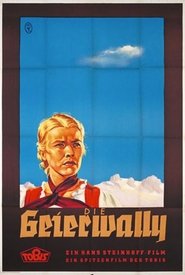 In the mountains of the tztal...
In the mountains of the tztal...Die Geierwally 1940
In the mountains of the Ötztal, the wealthy Fender (Eduard Köck) and Wally (Heath Hatheyer), his only daughter and heir, manage a small farm. He wants to marry the rich, but boring, Vincent (Leopold Esterle). Wally escapes to a mountain hut, where she lives alone and withdrawn. Her love belongs to the hunter, Joseph (Sepp Rist). When she unwisely takes a young vulture from its nest and is attacked by the mother, Joseph comes to her aid and from that point on, she fondly calls him her "Geierwally". He also feels attracted to her, but Wally can't escape the feeling, that the young Afra is his mistress. Mad with jealousy, Wally announces that she'll marry the one who kills Josef. Vincent wants to earn her hand and is determined to kill the Geierwally. Just in time, though, the actual relationship between Joseph and Afra is clarified.
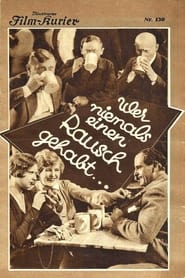 Underwear manufacturer Livius Heintze is a...
Underwear manufacturer Livius Heintze is a...Bock Beer Fest 1930
Underwear manufacturer Livius Heintze is a vehement anti-alcoholic and thus is very much against the marriage of his daughter Hedwig to the brewery owner Raumert. Heintze's second, illegitimate daughter Emmi also wants to give her father a heart attack by marrying the hops merchant Seidl.
 This is a real curiosity at...
This is a real curiosity at...The Great Passion 1930
This is a real curiosity; at best a reasonable film, but also a charming little gem. There is a story (in the line of "A Star is Born"), but this merely serves as an excuse, as it is more importantly a kind of moving encyclopedia of about 35 stars making their debut in a talkie (although some of them had already made one talkie), of the technical sound possibilities and of film making. Besides all that, it is entertaining and sometimes hilarious and it has fine one-liners that split my side. The film is also remarkable for making mock of typical German film genres (like the overly sweet romances involving the military), of too heavy acting and of film making in general. I have to mention this one: a short, hysterically funny parody of "Der blaue Engel". What this film in fact says is: do not take any film too seriously. (J. Steed)
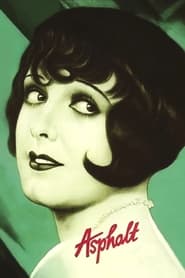 One of the last great German...
One of the last great German...Asphalt 1929
One of the last great German Expressionist films of the silent era, Joe May’s Asphalt is a love story set in the traffic-strewn Berlin of the late 1920s. Starring the delectable Betty Amann in her most famous leading role, Asphalt is a luxuriously produced UFA classic where tragic liaisons and fatal encounters are shaped alongside the constant roar of traffic.
 After committing a murder for his...
After committing a murder for his...Song 1928
After committing a murder for his lover, Gloria, the famous painter Jack is forced to go underground. In the harbor district, he saves the poor Malaysian girl Song in front of two intrusive sailors. She loves him for it, and together Song and Jack appear in the tingle dungeon of the port, he as a knife artist, she as a dancer.
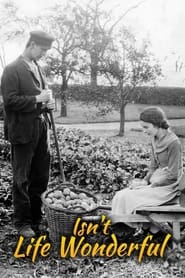 A family from Poland has been...
A family from Poland has been...Isn't Life Wonderful 1924
A family from Poland has been left homeless in the wake of World War I. They move to Germany and struggle to survive the conditions there, during the Great Inflation. Inga is a Polish war orphan who has only accumulated a small amount of money from the rubble and hopes to marry Paul. Weakened by poison gas, Paul begins to invest in Inga's future and he serves as their symbol of optimism.
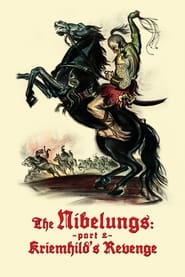 When Kriemhild thirsty for revenge marries...
When Kriemhild thirsty for revenge marries...Die Nibelungen: Kriemhild's Revenge 1924
When Kriemhild, thirsty for revenge, marries to Etzel, king of the Huns, she invites King Gunther and his court to visit them, intending to finally take the life of the man responsible of her disgrace.
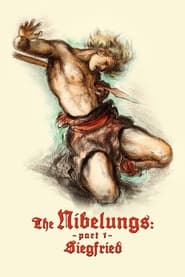 Siegfried son of King Siegmund of...
Siegfried son of King Siegmund of...Die Nibelungen: Siegfried 1924
Siegfried, son of King Siegmund of Xanten, travels to Worms, capital of the Burgundian kingdom, to ask King Gunther for the hand of his sister, the beautiful Kriemhild.
 Dr Mabuse and his organization of...
Dr Mabuse and his organization of...Dr. Mabuse, the Gambler 1922
Dr. Mabuse and his organization of criminals are in the process of completing their latest scheme, a theft of information that will allow Mabuse to make huge profits on the stock exchange. Afterwards, Mabuse disguises himself and attends the Folies Bergères show, where Cara Carozza, the main attraction of the show, passes him information on Mabuse's next intended victim, the young millionaire Edgar Hull. Mabuse then uses psychic manipulation to lure Hull into a card game where he loses heavily. When Police Commissioner von Wenk begins an investigation of this mysterious crime spree, he has little to go on, and he needs to find someone who can help him.
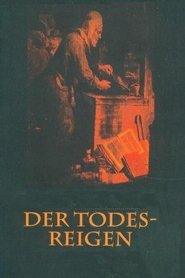 This anticommunist propaganda film discusses the...
This anticommunist propaganda film discusses the...The Circle of Death 1922
This anti-communist propaganda film discusses the revolutionary curse of communism in the Soviet-Union shortly before and after the fall of czardom in Russia, told from the point of view of Belarusians in exile. Anti-communist copy in color which has been discovered, restored and printed by the Royal Belgian Filmarchive.
 Biopic about the Rothschilds a Jewish...
Biopic about the Rothschilds a Jewish...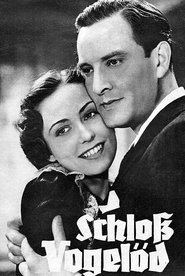 Remake of the silent film of 1921...
Remake of the silent film of 1921...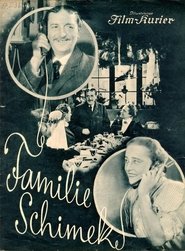 For three difficult orphans living by...
For three difficult orphans living by...